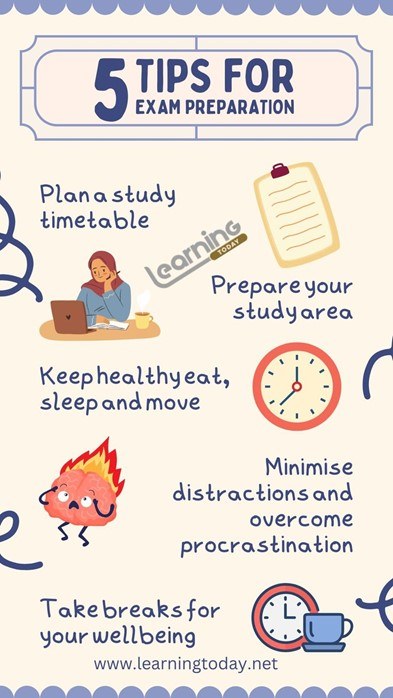Semester 2 exams are fast approaching for Years 10 and 11 students. Families and students often ask, ‘Why do we have exams?’ At OLMC examinations are one part of a student’s academic journey and they help to develop a range of skills. In particular:
Time management: Exams require students to manage their time effectively, both during the process of preparing for the exam, and also during the actual exam. During the exam students are being tested on their ability to complete the exam questions in a specified time frame.
Memory and recall: In order to achieve success in exams, students need to retain, recall and apply information that has been taught to them.
Critical thinking: Exam questions often move beyond the simple recall of facts, and require students to think more deeply and analyse, evaluate, and synthesise information. This assists students in developing critical thinking skills.
Communication: Often exam responses require students to communicate their ideas clearly and in a logical manner. Performance exams, such as oral exams for languages, require students to articulate their thoughts on the spot as they respond to the questions from the assessors.
Problem-solving: Depending on the subject and exam, students may be required to solve problems or apply their skills and knowledge to real-world contexts, rather than simply recounting facts.
Organisation and planning: In the lead up to and throughout the exam period, students need to organise their time effectively in order to be thoroughly prepared for each exam they will undertake.
Resilience: We know completing exams can be a stressful experience. However, exams provide an opportunity for students to learn to cope with stressful situations, and to develop resilience and perseverance.
(adapted from https://tokyo.globalindianschool.org/blog-details/what-is-the-importance-of-exams-for-students-in-schools)





